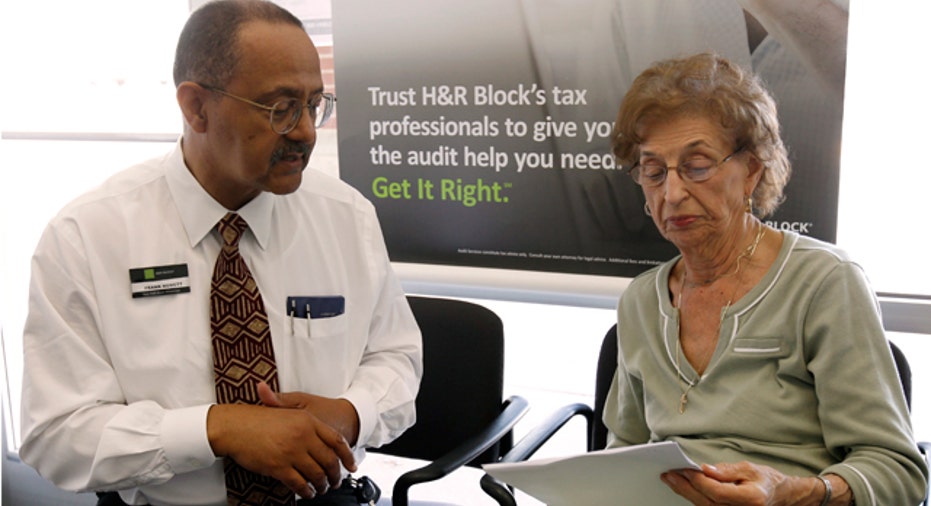How to Choose the Right Tax Pro for Your Situation

With the amount of income that goes to paying taxes every year and considering how complex tax law has become, if you are in need of a tax professional it behooves you to find one that will have your back. You also want someone who knows tax law and how to apply it to minimize your tax bill.
Or, do you really need a tax professional? You may have a very simple filing situation. If your income [AGI] is $58,000 or less, you can file your taxes for free by going to www.irs.gov and clicking on “free file.” The government provides a step-by-step process in which you will input your data, process the return, and file it electronically at no charge to you. You can even elect direct deposit of your refund.
If you have more than just a W2, and would like double checks, reminders and diagnostics provided by tax preparation software packages, you can still do it yourself. I’ve seen many self-prepared income tax returns, impressive in the vast number of professional-looking pages generated, but fraught with errors because tax law is just too complicated. Self-prepared returns are more often selected for audit for this reason alone. Often the tax savings a tax professional can provide will exceed the fee charged for the service. If you elect to self-prepare in this manner, don’t forget to write-off the cost of the tax software.
But perhaps self-preparation is not the route for you. So how do you sift out the right tax professional? The first thing to do is to check credentials. Licensed tax professionals fall into three categories:
1. State licensed Tax Preparer. This is likely the least expensive route for tax preparation. If all you have is a W2, a bit of interest and dividend income, a very basic Schedule A and itemized deductions, you may find your needs met at this level.
2. Certified Public Accountant. Licensed at the state level, a CPA may only do taxes as a sideline and instead specialize in accounting issues. Be sure to inquire as to his or her area of specialty. Many CPAs specialize in taxation. If your tax return is complicated, you may want to seek the help of a CPA.
3. Enrolled Agent. EAs are licensed at the federal level and specialize only in taxation and can help you with complicated transactions. Many EAs are well versed in representation issues, so if you have tax problems, you may consider engaging the services of an experienced EA.
Secondly, find out if the tax pro specializes in the area that applies to your tax return. Every tax pro has a post season sideline that will tip you off to his or her specialty. If you own a small business, look for a tax pro who also offers bookkeeping and accounting services; you can be sure this person understands small business issues. If your tax return is heavy with brokerage activity, find one who offers financial-planning services. If you own rental real estate, be sure to find a preparer that deals with these transactions on a regular basis. Oftentimes a friend or relative who is involved in similar financial dealings would be a good source of reference.
Once you have found a few likely candidates, interview them before making a decision. Naturally, the time to conduct the interview is not at the height of tax season. Prepare a series of questions and take along a copy of your most recently-filed income tax return. You will want to know:
a. if the preparer is aggressive or conservative,
b. if s/he specializes in the issues that pertain to your tax situation,
c. if the tax office is open year round,
d. If s/he is willing to represent you in the event of audit or if a tax problem arises,
e. If s/he charges extra if you call with a quick question.
A personality fit is important as well. You want to feel comfortable and trust the tax pro you select.
Bonnie Lee is an Enrolled Agent admitted to practice and representing taxpayers in all fifty states at all levels within the Internal Revenue Service. She is the owner of Taxpertise in Sonoma, CA and the author of Entrepreneur Press book, “Taxpertise, The Complete Book of Dirty Little Secrets and Hidden Deductions for Small Business that the IRS Doesn't Want You to Know,” available at all major booksellers. Follow Bonnie Lee on Twitter at BLTaxpertise and at Facebook.



















